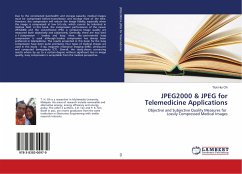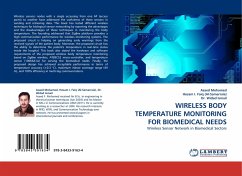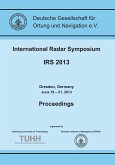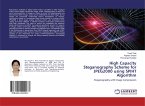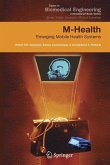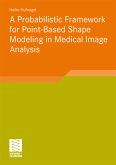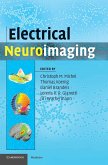Due to the constrained bandwidth and storage capacity, medical images must be compressed before transmission and storage most of the time. However, the compression will reduce the image fidelity, especially when the image is compressed at low bit rate, which cannot be tolerated in medical field. In this book, the compression performance of the newer JPEG2000 and the conventional JPEG is compared. Image quality are measured both objectively and subjectively. Generally, there are two kind of compression - lossless and lossy. Here, the controversial lossy compression is used although lossless compression has always been preferred in telemedicine. The results presented in this book for the lossy compression have been quite promising. Four types of medical images are used in this study - X-ray, magnetic resonance imaging (MRI), ultrasound and computed tomography (CT). Overall, the study shows convincing results where by up to a certain degree without significant loss in image quality,lossy compression is acceptable from the medical perspective.
Bitte wählen Sie Ihr Anliegen aus.
Rechnungen
Retourenschein anfordern
Bestellstatus
Storno

